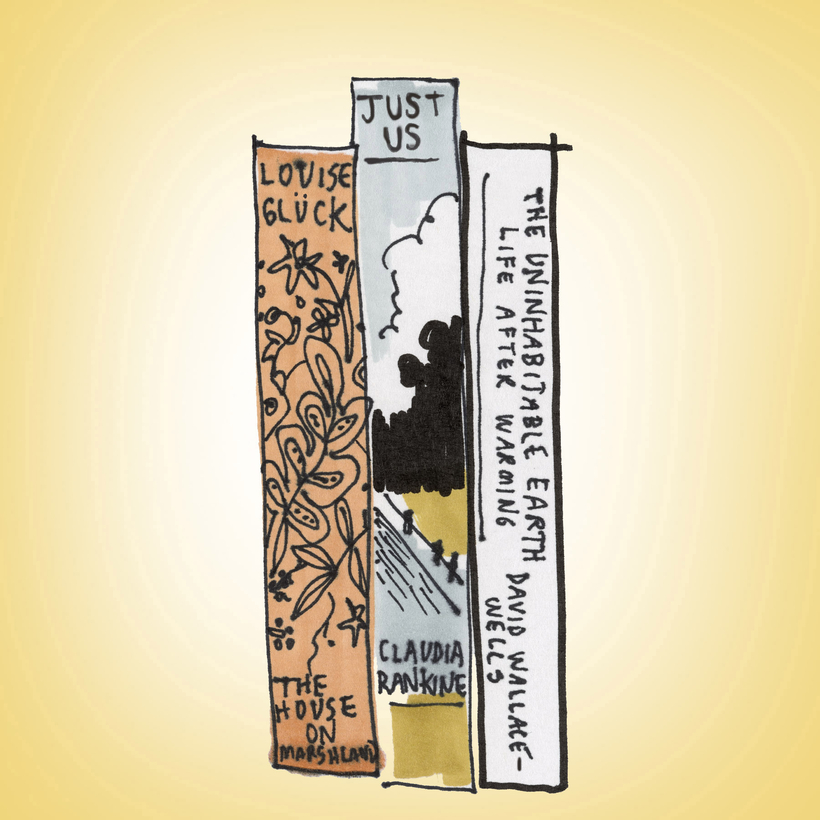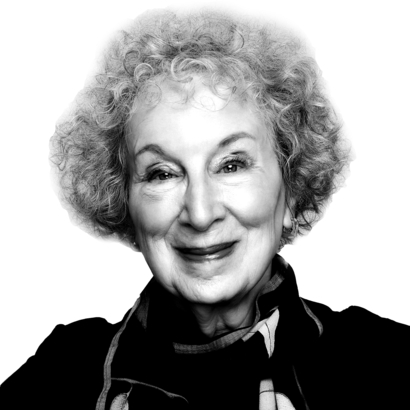Before winning last year’s Booker Prize for The Testaments, and before the 1985 publication of its precursor, The Handmaid’s Tale, Margaret Atwood wrote poetry. In fact, the Canadian writer’s first book, published in 1961, was a book of poetry, and she published another six collections in the decade or so following. Though the mediums differ—in addition to her 18 books of poetry and 18 novels, Atwood is also the author of 11 works of nonfiction and eight children’s books—the themes are consistent: consumerism, feminism, environmentalism, and power politics. Atwood’s newest book, Dearly: New Poems, to be published by Ecco next week, visits similar subjects while focusing on the especially timely one of endings and new beginnings. Here, Atwood recommends the best poetry to read today, plus, essentially, a book on how to preserve our planet, without which writing and reading would not be possible.
The House on Marshland, by Louise Glück
The breakthrough book by the 2020 Nobel Prize winner, one I’ve had on my bookshelf since its publication in 1975, contains some of my early favorites from her. Try “Gretel in Darkness.”


